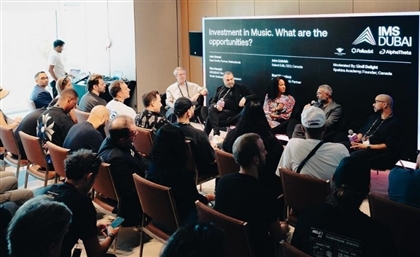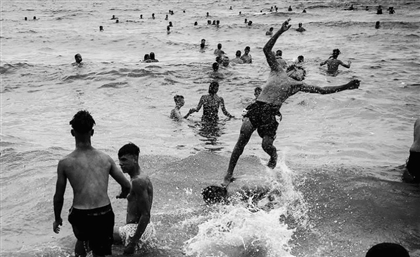SWANA Artists & Industry Leaders Share Their Thoughts on AI in Music
Ahead of IMS Dubai 2025, we asked artists and industry experts across the MENA region and beyond how they’re making sense of this shift, and what AI means for the future of the music industry.
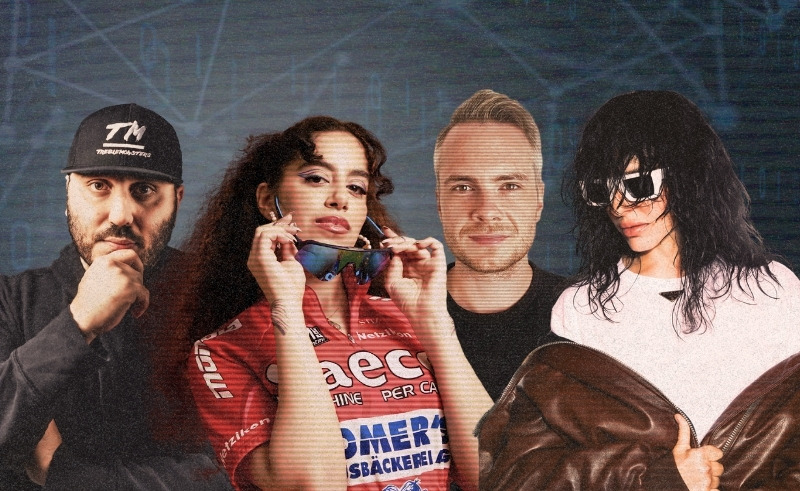
Few things have split the music world quite like AI. Depending on who you ask, it’s either the next great creative revolution or the beginning of a recession, a shiny new toy that could just as easily gut the soul out of music as it could reinvent it.
To some, AI is simply a means to an end, to streamline tedious studio work, generate ideas, or push production into a strange new territory. To others, it’s a looming warning sign that risks flattening the emotional depth, as well as the accidental and unpredictable sparks of creativity that make music human in the first place. However, AI is not only changing how music is made now, but more so, overturning how we consume music (thanks to the algorithms quietly steering our playlists and feeds). The same tech that claims to personalise our listening habits can also narrow them, rewarding what’s familiar and commercially safe, and burying anything that dares to sound different.
Then there’s the murky side of the copyright conundrums. As AI tools train on vast catalogs of existing songs, entire databases of creative DNA are being scraped, repurposed, and remixed, often without credit or consent. Labels are already filing lawsuits against AI music startups accused of using artists’ work as training data without permission. The law hasn’t caught up, but the implications are massive: if a track isn’t made by a human, can it even be owned? And how do we compensate the original artists whose music powered its creation?
So where does that leave us? How do we stop AI from swallowing the very industry it promises to transform before it is too late?
Ahead of Beatport Presents IMS Dubai 2025, we asked artists, producers and industry experts across the MENA region and beyond how they’re making sense of this shift, and what AI means for the future of the music industry.
Declan McGlynn
Chief Creative Officer, Voice Swap AI
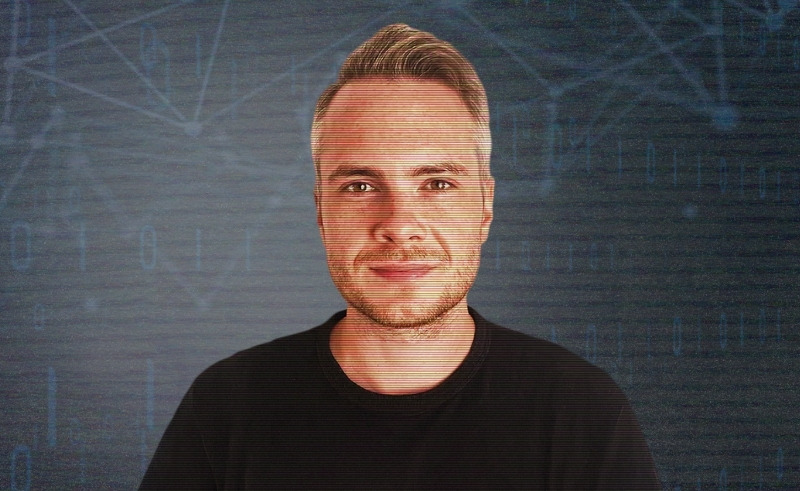
"AI is undoubtedly one of the most disruptive and challenging emerging technologies the creative industries have seen in decades. Excitement over its potential to completely redefine the ideation, creation and distribution process is matched by concern it undermines entire industries, instantly generating derivatives that neither credit nor remunerate the original artists who power its training data. For many in the music industry, AI has become a dirty word that represents exploitation and pastiche, but it doesn’t have to be that way. AI can co-exist harmoniously with the music industry, including independent artists, but it will take the whole industry to work together to develop detection and attribution standards to allow artists to have control over how their data is used, if at all. We are still at the very beginning of this story and standards are still being set, so it’s vital artists are at the table, and not on the menu."
Fairplay
Artist
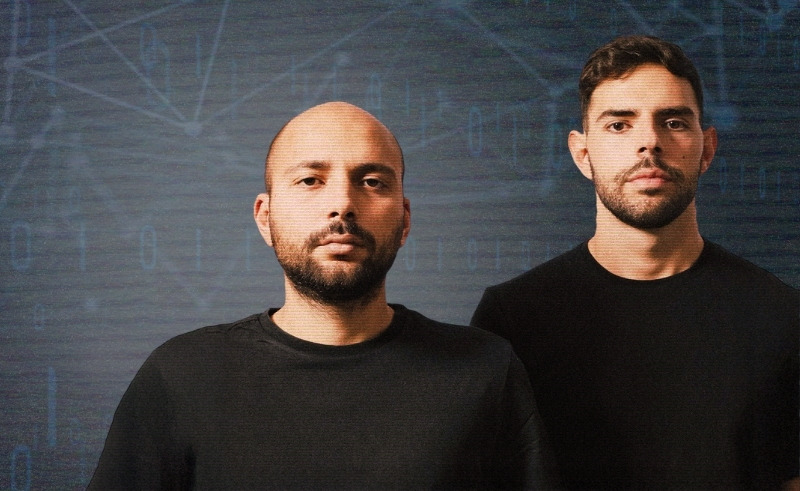
"We see AI as a useful creative tool when used with intention. We’ve used it in small ways on some tracks, like isolating vocals or generating percussive elements. But for us, music still needs the human touch; the emotion, the imperfection, the story behind it. AI should assist, but not replace the artist."
Farsa
Artist
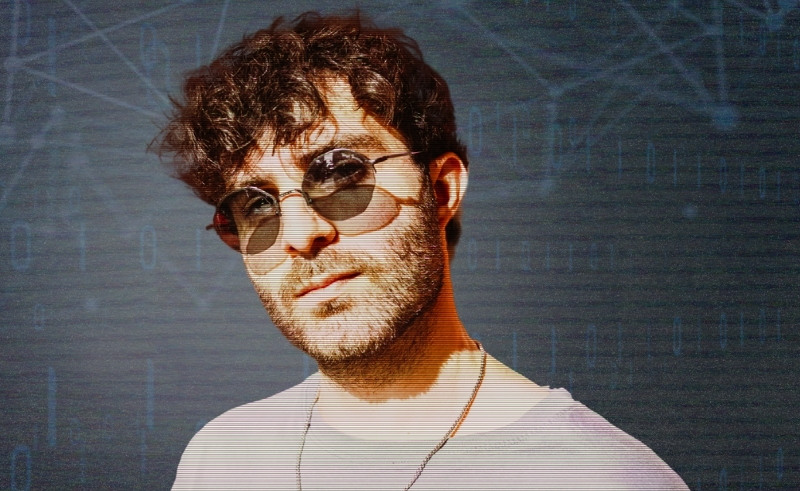
"I like to see AI as a useful tool, nothing more. We’re still at the start of this, and it’s already doing wonders for workflow. Still, no matter how powerful it gets, you’re meant to be the decision maker."
Gawdat
Artist
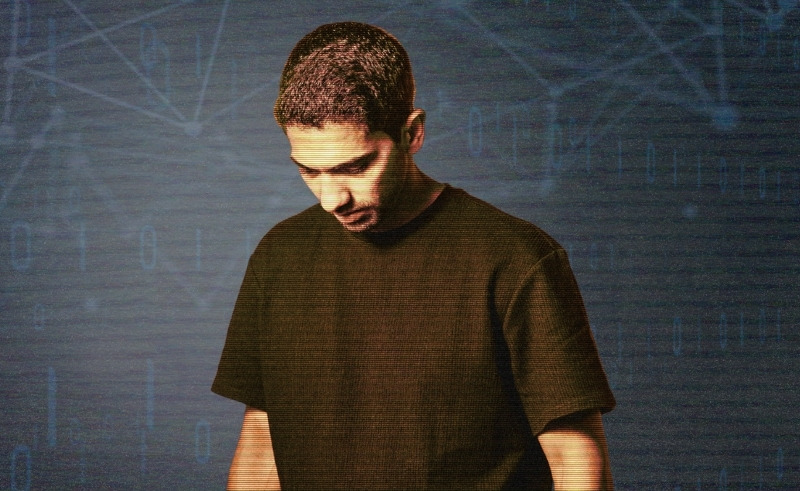
"I'm mind blown by the new tools that AI is offering when it comes to music. The technology is made to be used, and I truly believe that it will boost our creativity and productivity. At the end of the day, AI can never make you the track from A-Z alone; it needs our guidance for the right prompt to get the best results based on our needs. Nobody cares how you made the track as long as it sounds great and it makes people dance, then mission accomplished!"
Hussein Sohh
Music Supervisor, MassiveMusic
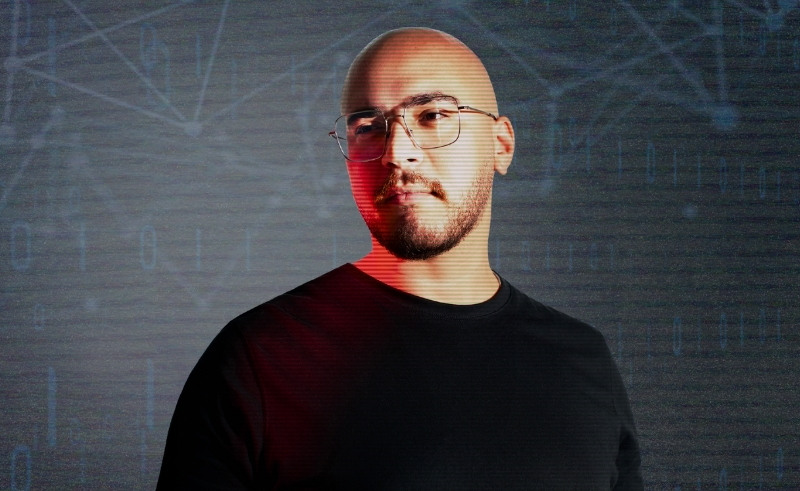
"I'm still on the fence about AI in creative fields in general, not just music. With ethical usage, I believe AI can be used as a powerful supporting tool, but never a replacement. With AI slowly being integrated into a lot of existing plug-ins that artists use daily, newer producers will have to find a way to maintain inventiveness and imperfections in their work to keep their sound unique. I don't mind people experimenting with it to reimagine their ideas, or help with more tedious tasks when it comes to the production process, but total reliance on it may come at the cost of limiting creativity, standardising the final outcome, and taking the fun and 'soul' out of it."
Inder Phull
CEO, KOR Protocol
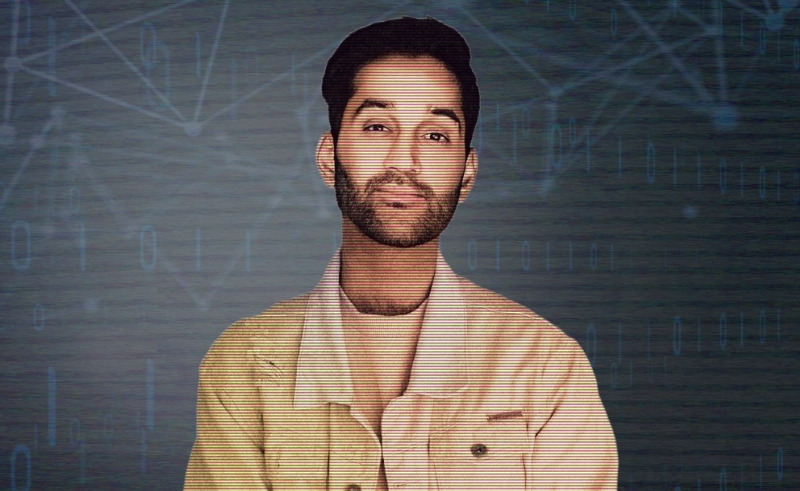
"AI is fueling the next creative renaissance, empowering anyone to express themselves across music, video, and beyond. It’s unlocking new formats of art and culture, but to build this future ethically, we must protect creators’ IP and ensure proper attribution systems are in place."
Keena
Artist
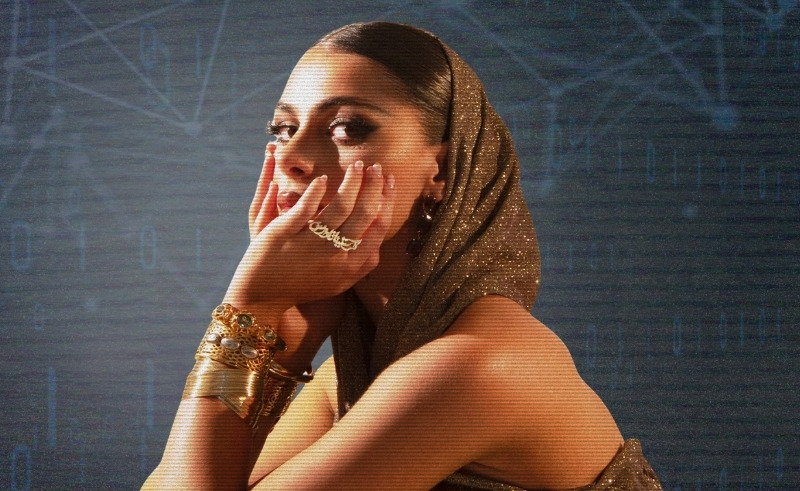
"AI is great when used consciously, but I don’t believe it should (nor can) replace human creativity. To me, it’s an amplifier: one that externalises my own thoughts like a mirror, helping me observe my mind in motion and refine themes, emotions, or storylines.. which helps me in my writing. Especially in Arabic, with so many dialects and different tones, no algorithm can truly replicate human expression. AI helps map meaning, but without human intention, what’s the point of production? "
KICE
Artist & Founder, Treblemonsters
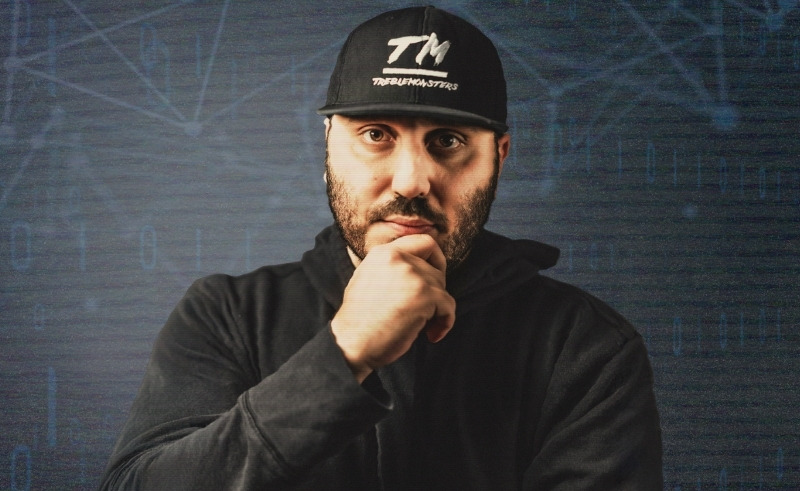
"AI is a new instrument in the studio. For me, it acts as a quick tool to prototype directions and bounce ideas off of. It helps affirm ideas and fast-tracks the tedious trial-and-error phase. However, there is a risk of generating technical perfection without soul. Writing is all about maintaining the human groove that is imperfect and keeping the ethical intention behind every sound."
Misty
Artist & Label Owner
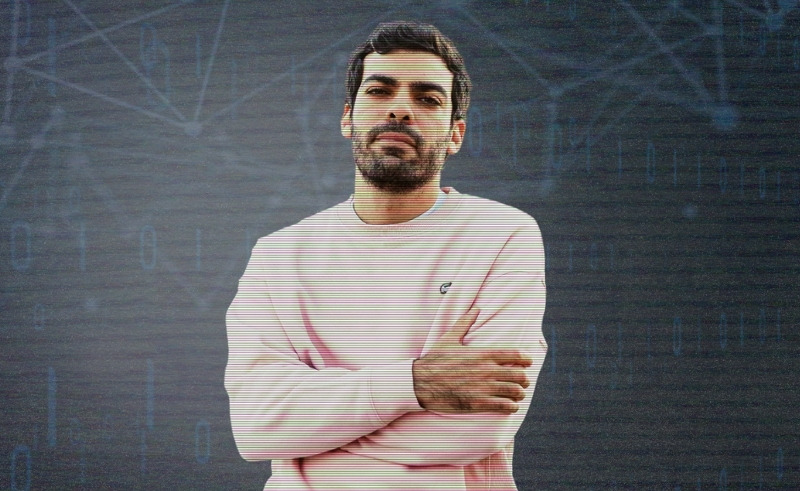
"When music software and computers first appeared, a lot of people thought it would be the beginning of the end for real music. But instead, it opened new doors for creativity and accessibility. I see AI in the same way; it will definitely lower barriers to entry, which means some will use it as a shortcut, and the quality won’t always be great. But it will also empower others to push boundaries and evolve music workflow in ways we can’t fully imagine yet."
Nooriyah
Artist
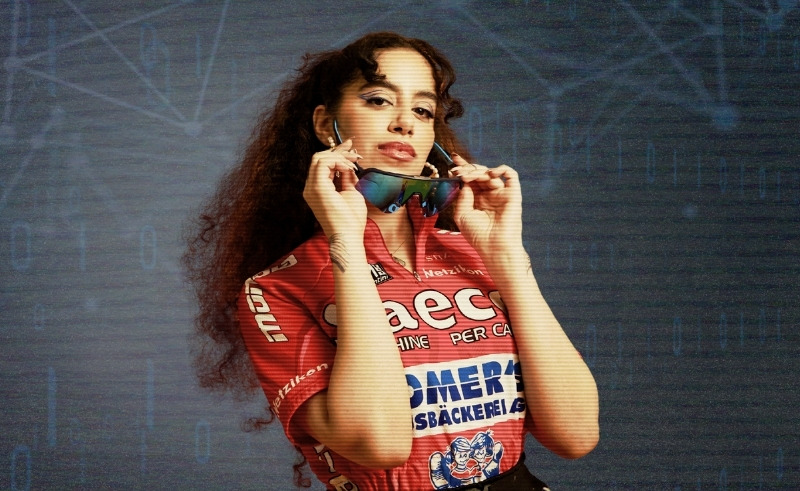
"AI in music can be a great tool to streamline or simplify tasks in music, whether in song production, music administration or show production. The challenge here is that reality always supersedes regulatory policy creation. How AI will shape the future of music is entirely dependent on whether these policies can catch up to its advancements. Creatively, it is already being used as a tool to ease workflow, but we have also seen it used as a tool to override crediting without consequences. I believe how it will shape culture is largely dependent on how we shape boundaries around it."
- Previous Article Cinematic Season Style Guide with GFF's Salma Malhas & Hayat Aljowaily
- Next Article World’s Largest Sofitel Hotel to Open in Makkah








